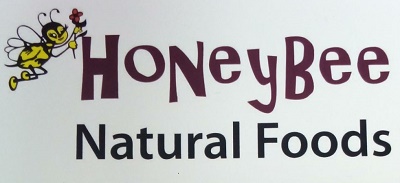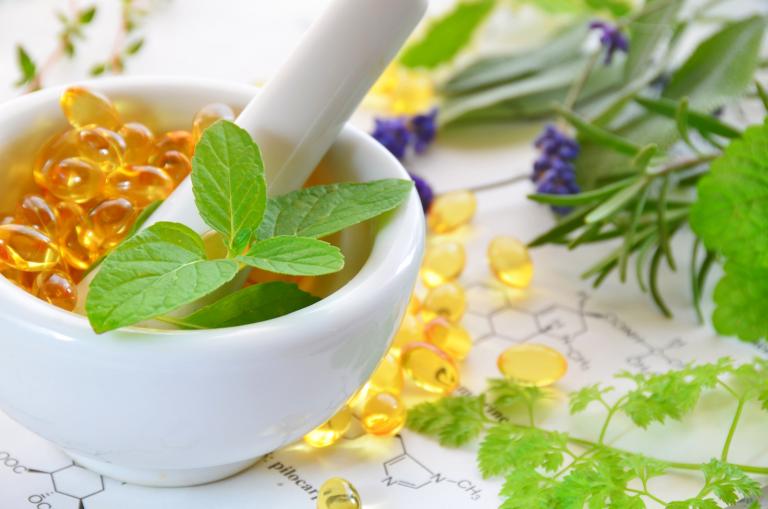Are Supplements Regulated?
You’ll often hear that the dietary supplements industry is “unregulated” in the US. This is definitely not true.
FDA Supplement Regulations
All producers of dietary supplements are required to follow the Food and Drug Administration’s Current Good Manufacturing Practices (CGMPs) for dietary supplements and are subject to unannounced inspections.
These CGMPs include rigorous quality control testing and procedures to ensure that everything sold is safe and accurately identified. Unfortunately, adulteration (illegally) still exists.
Adulterated Supplements
Adulteration is the intentional or unintentional inclusion of ingredients that are not expected nor identified on the label.
How are Supplements Adulterated?
This typically occurs on the raw materials level:
- A wildcrafter intentionally or accidentally harvests a more abundant plant to supplement or replace the desired, less-abundant plant.
- An unethical supplier (often in China) replaces or cuts a product with a cheaper alternative to make a profit.
Examples of Supplement Adulteration
Examples range from relatively harmless (sawdust and prickly pear cactus in “hoodia” supplements, and maltodextrin cut with maca) to dangerous (libido supplements laced with pharmaceutical drugs; liver-toxic kava leaves in place of the roots).
Other examples of liver-toxic adulterants include germander in place of skullcap, and Chinese cohosh species intermixed with our native black cohosh roots.
Why Are Supplements Adulterated?
While some adulteration is accidental, most is intentional. It usually occurs when a substance is popular but rare, expensive, or difficult to grow.
Ginseng, essential oils (especially expensive ones like rose), bilberry, weight-loss products, libido products, and sports/athletic products are among those often adulterated with potentially dangerous ingredients.
In China, it’s not uncommon to place metal among the material or to dip a mushroom in lead filaments to make it weigh more.
How to Avoid Adulterated Supplements
Shop at high-quality stores such as natural food stores, co-ops, and herbalist-run herb shops, or purchase your herbs directly from your natural healthcare practitioner. These locations typically vet the products they sell, focusing on those that are higher quality, not whatever is cheapest.
What to Look for in a Quality Supplement Brand
-
Buy American
Seek brands manufactured in the US and particularly avoid those produced in China. If possible, seek companies that are not only based in the US but also source their raw materials within this country.
-
Look for Certification
Seek Certified Organic and GMP-Certified products, which are generally more devoted to quality and undergo more rigid quality control standards with a more detailed paper trail.
-
Trusted Brands
Exceptional companies that excel in their transparency and quality control testing include:
- Gaia Herbs, which has a “Meet Your Herbs” program to tell you precisely where each herb in your bottle came from and the opportunity to review the quality tests it underwent.
- MegaFood produces vitamins and minerals directly from food sources that enter their company in their whole form.
- Herb Pharm, Gaia Herbs, and Oregon’s Wild Harvest grow many of their ingredients right on their own farms to ensure quality from seed to bottle.
- Bulk herb supplier Mountain Rose Herbs shares copies of certificates of analysis to anyone upon request, which outline the quality test results on the products; this is something very few loose herb suppliers offer.
Also seek out small-scale local companies, especially those that grow their own materials.
What to Avoid in a Supplement Brand
-
Beware Fads
Be leery of products geared toward zippy energy, libido and sexual function, athletics and sports performance, and weight loss.
-
Don't Cheap Out
Avoid too-good-to-be-true cheap prices and products from gas stations and discount stores. These areas of the industry are more prone to adulteration and other safety issues.
Research Before You Buy!
Do your research. Visit the American Botanical Council and check out its Botanical Adulterants Prevention Program for regular updates and information on problem areas.
Also check the FDA’s dietary supplement consumer updates.

